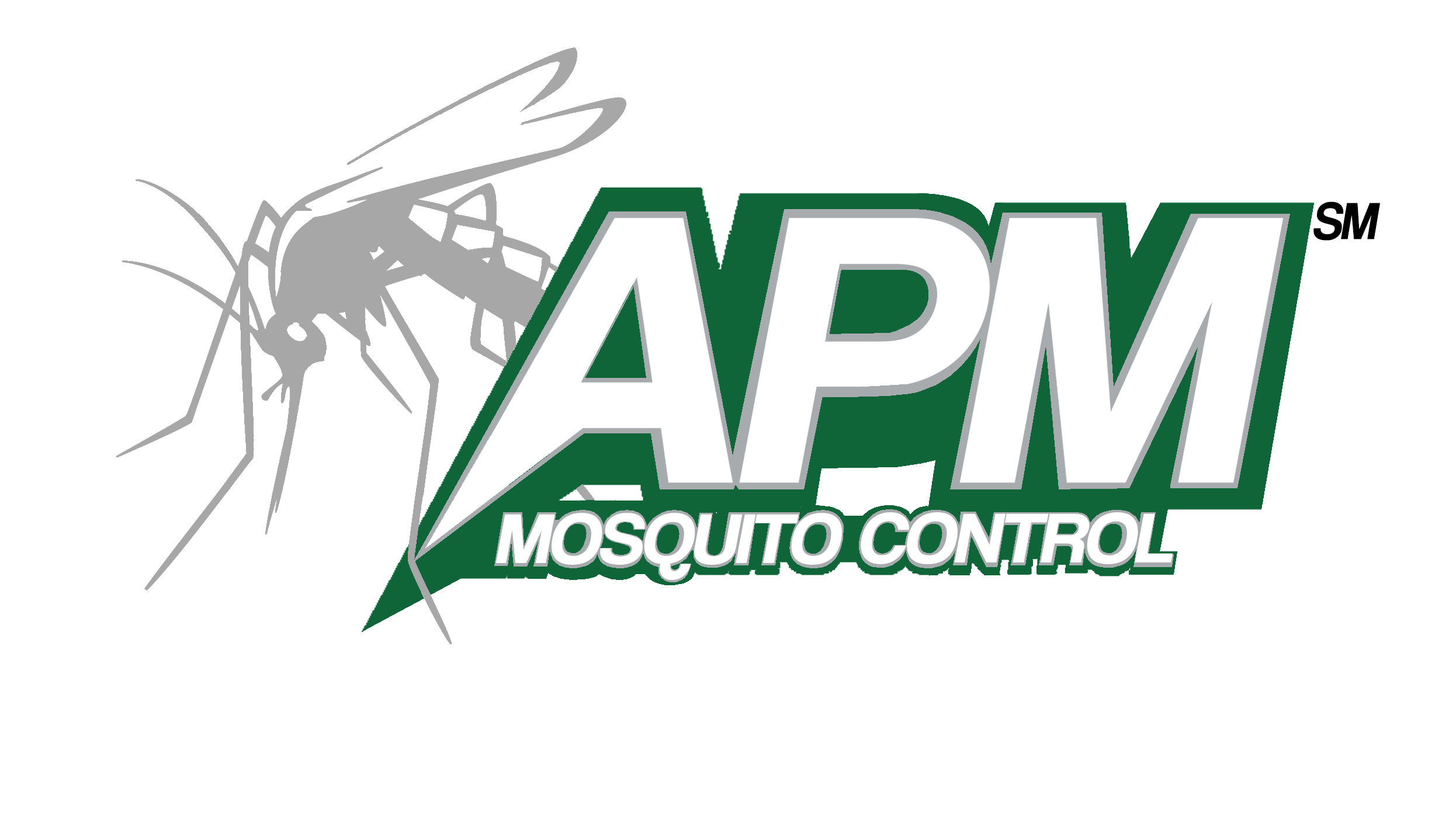Mosquitos
All mosquitoes must have water to develop. Most species prefer slow-moving or stagnant water in which to lay their eggs. Mosquitoes can complete their life cycle within 7 to 10 days during the summer months. Eggs hatch within 48 hours and larvae (wigglers) and pupae (tumblers) live in the water for about a week. Adult mosquitoes will emerge from the pupal case (process known as eclosion) and rest on the water’s surface until the body dries and hardens. The life cycle stages can easily be seen in the water.
Mosquitoes are classified in the order Diptera (true flies) and have four distinct life stages during their complete metamorphosis (egg, larva, pupa, and adult). Female mosquitoes lay their eggs on either water or moist soil or interior walls of tree holes, cans, buckets, and old tires that are likely to be flooded by water.
Mosquitoes mate shortly after emerging as adults. Female mosquitoes require a blood meal before they can lay their eggs. They bite every few days during their entire adult lives, which may last several weeks.
Both male and female mosquitoes feed on plant juices and nectar as a source of nourishment for flight and other activities. Although male mosquitoes have a proboscis (needle-like mouthpart), only the female mosquito takes blood. Blood provides protein for egg production. Female mosquitoes take blood not only from humans, but from birds, frogs, snakes, and other mammals (dogs, cats, cattle, horses, etc.).
Mosquito Myths
Bats & Mosquitoes
Attract bats to your backyard with a bat-roost box and your mosquito problems are over. Right? Wrong! Studies have shown that while bats devour a huge number of insects, mosquitoes are only a small part of their diet. A study of fecal pellets of bats in Indiana conducted throughout an entire summer revealed that the primary food items were beetles, moths, and leafhoppers. A very small number of mosquitoes (0.7%) were found in the stomachs of bats in another study. Bats are “selective opportunists” when it comes to their feeding habits, and they will take a variety of prey. Why take a scrawny little mosquito when you can have a fat juicy moth? Unfortunately, mosquitoes are just not a significant part of their diet. The evidence from stomach analysis and feces examination does not justify the hypothesis that insectivorous bats specialize on particular types of insects.
Mosquito Magnets and Other Traps
Do Mosquito Magnets work? The American Mosquito Control Association (AMCA) has addressed this issue quite well at the following link http://www.mosquito.org/traps.
Misting Systems
Installed residential misting systems have also been a hot topic lately. There are numerous problems with these systems which include but are not limited too; un-needed pesticide application, over application, development of pesticide resistance, etc. Again the AMCA has addressed this issue http://www.mosquito.org/position-on-misting-systems. APM concurs with the AMCA statement.
Bug Zappers
Almost 2 million homeowners have turned to the use of ultraviolet or black light electrocutors to zap their mosquito problems, but do they work? No! Researchers have found that while these traps do attract and kill thousands of insects every night, mosquitoes comprised only 6.4% of a five-day insect catch. Not only was the mosquito population a small percentage of all insects killed during this particular study, but only half of the mosquitoes killed were the biting, blood-feeding females.
Citrosa Plants
Many plants are commonly thought to repel mosquitoes. Over the past few years the citrosa plant was created by crossing tissue cultures of an African Germanium with the Grass of China. The Grass of China contains citronella oil, and has been used for years as an active ingredient in mosquito repellent candles. No studies are available to support the idea that the citrosa plant or any other plant actually repels mosquitoes strongly enough to improve human comfort. In fact, some researchers believe that the only way the citrosa plant can release the citronella oil is if the plant is crushed.
